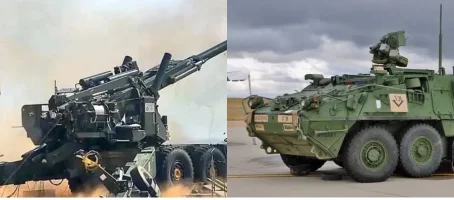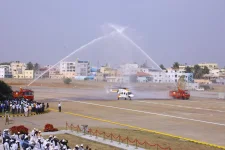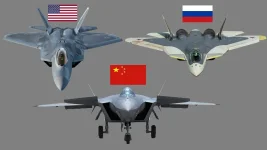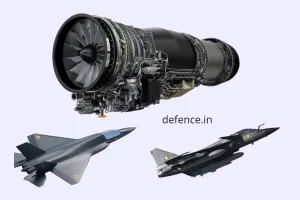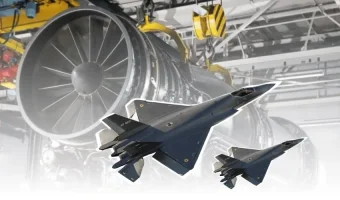- Views: 4K
- Replies: 15
The delivery schedule for the indigenous Tejas Mk1A light combat aircraft is facing significant delays caused by a combination of factors, including engine supply chain disruptions, software development hurdles, and challenges with integrating radar and missile systems.
The admission came directly from D.K. Sunil, the Chairman and Managing Director of Hindustan Aeronautics Limited (HAL), the state-owned firm responsible for manufacturing the jet.
In a statement on July 5, 2025, Mr. Sunil acknowledged the setbacks in the high-profile programme.
While identifying the inconsistent supply of F404 engines from General Electric in the United States as the primary obstacle, he confirmed that it was not the sole cause.
He pointed to ongoing issues with software optimisation, delays in the maturation of the aircraft's radar, and difficulties in integrating advanced missiles as compounding the problem.
The Tejas Mk1A is a significantly upgraded version of the original Tejas fighter, designed to be the future backbone of the Indian Air Force's (IAF) light fighter fleet.
The advanced jet is equipped with the indigenous 'Uttam' Active Electronically Scanned Array (AESA) radar, a modern electronic warfare suite for enhanced survivability, and the capability to fire advanced weaponry like the Indian-developed Astra Mk-1 beyond-visual-range air-to-air missile.
The IAF has placed an order for 83 Tejas Mk1A aircraft to replace its ageing fleet of MiG-21, MiG-23, and MiG-27 fighters, which are being progressively retired from service.
These delays have a direct impact on the nation's defence preparedness. The IAF is currently operating with approximately 31 fighter squadrons, well below its sanctioned requirement of 42 squadrons needed to effectively manage a two-front threat scenario.
The first Tejas Mk1A was scheduled for delivery in March 2024, but over a year later, HAL has only been able to deliver a small number of trainer jets, putting further strain on the air force's operational capabilities.
The engine issue remains a critical aspect of India's aviation strategy.
While the current Mk1A relies on the imported F404 engine, India is collaborating with GE Aerospace to co-produce the more powerful F414 engine domestically for future aircraft like the Tejas Mk2 and the Advanced Medium Combat Aircraft (AMCA).
This F414 agreement includes a plan for 80% technology transfer to HAL. However, as this project is still in its initial phases, it does not resolve the immediate supply constraints on F404 engine affecting the timely delivery of the Tejas Mk1A fleet.

